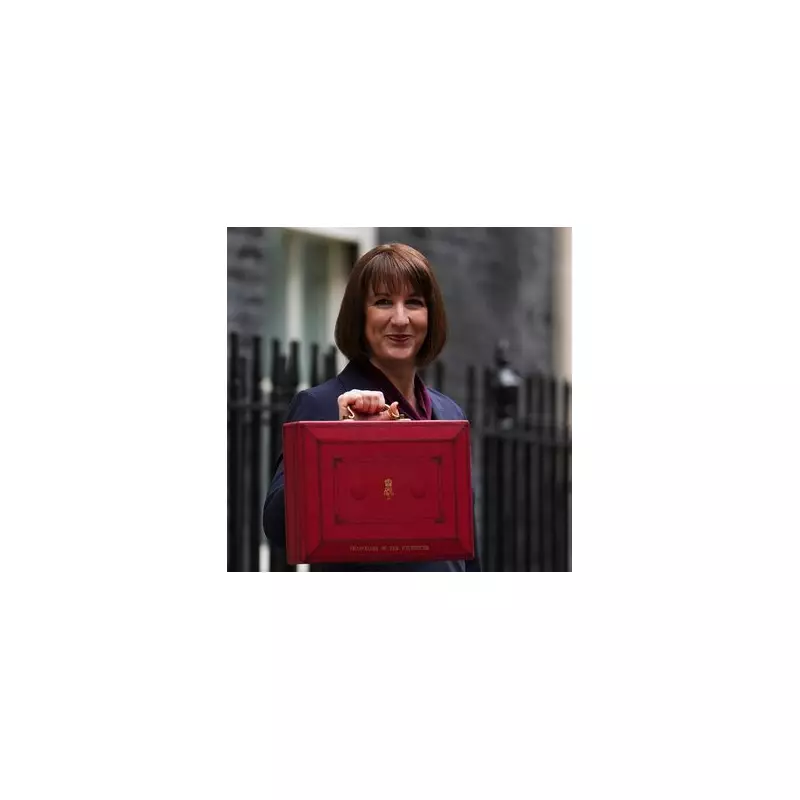
Chancellor Rachel Reeves is set to deliver her highly anticipated second Budget on Wednesday, outlining Labour's financial plans amid months of speculation about potential tax increases and cost-of-living measures.
Key Budget Announcements Expected
The Chancellor will address the House of Commons from approximately 12:30pm on Wednesday, where she's expected to tackle an estimated £20 billion black hole in public finances while implementing measures to support struggling households.
At a meeting with Labour MPs on Monday evening, Ms Reeves outlined her three primary priorities: "Cutting the cost of living, cutting NHS waiting lists and cutting the cost of debt."
She told MPs: "We've increased the national living wage and the national minimum wage. We've protected the triple lock, increasing it last year and increasing it again from next April. We have properly funded free childcare commitments."
Tax and Economic Measures
Despite earlier speculation about income tax increases - which would have been the first in nearly 50 years - the government has abandoned these plans following better-than-expected economic forecasts.
However, the Chancellor hasn't ruled out extending the freeze on income tax thresholds until 2028, a move often described as a stealth tax that drags more people into higher tax brackets as their incomes rise.
In a significant boost for low-income workers, the minimum wage is expected to increase to approximately £12.70 from April 2026, representing a rise of around 4% from the current £12.21 rate for workers over 21.
Transport and Benefit Reforms
Millions of commuters will benefit from the first rail fare freeze in 30 years, saving existing passengers an estimated £600 million in 2026/27 across more than a billion journeys.
In one of the most significant social policy changes, the government is expected to scrap the controversial two-child benefit limit, which restricts child tax credits and universal credit to the first two children in a family. This move would cost around £3 billion but could lift hundreds of thousands of children out of poverty.
The Chancellor recently stated: "It is not right that a child is penalised because they are in a bigger family", signalling her commitment to reducing child poverty rates.
Health and Consumer Measures
Health initiatives feature prominently in the Budget, with an extension of the freeze on NHS prescription charges, maintaining the cost at £9.90 per item and saving the public approximately £12 million next year.
The sugar tax on soft drinks will be expanded to include more beverages and for the first time encompass milkshakes and pre-packaged coffees, with changes taking effect from January 2028.
Pensioners will see their state pension increase by around £550 per year from next April, rising to just over £240 per week in line with average earnings growth of 4.8%.
Additional Revenue Measures
The Treasury is considering several revenue-raising measures, including potential increases to gambling taxes, with suggestions that the remote gaming duty could more than double from 21% to 50%, generating an additional £800 million annually.
A new levy on high-value properties, described by some as a "mansion tax", could affect approximately 100,000 properties valued over £2 million.
There's also speculation about eliminating the 5% VAT on energy bills, which would cost over £2 billion but save consumers around £80 per year on average.
The Budget represents the Chancellor's comprehensive approach to balancing the nation's finances while addressing pressing cost-of-living concerns affecting millions of households across the UK.





